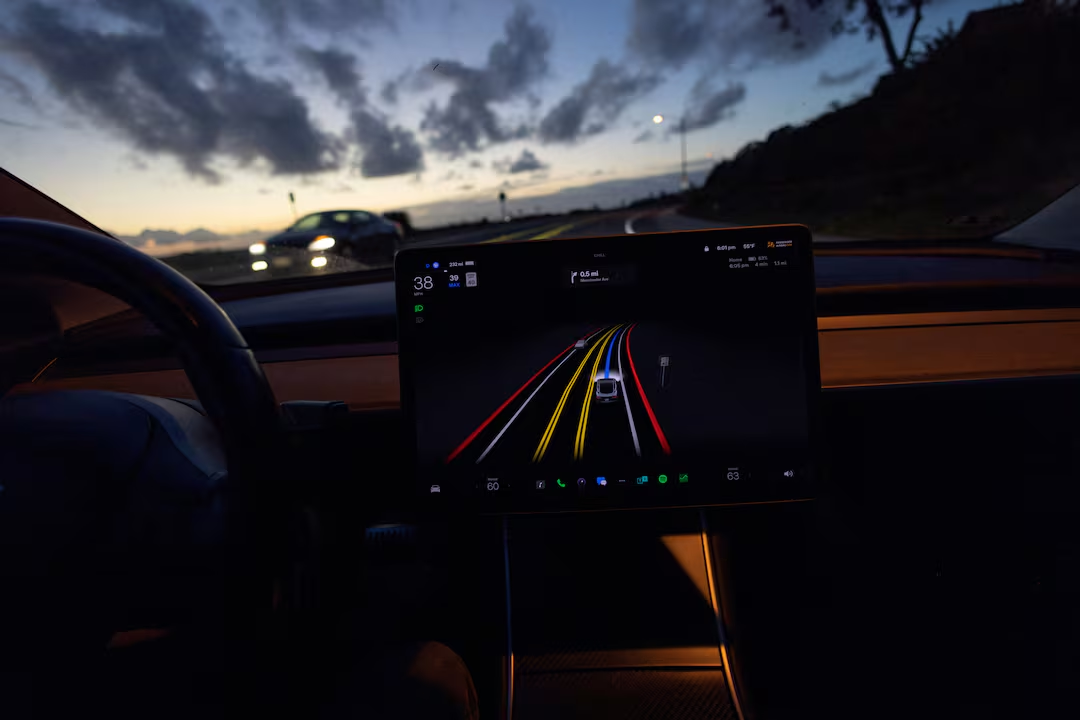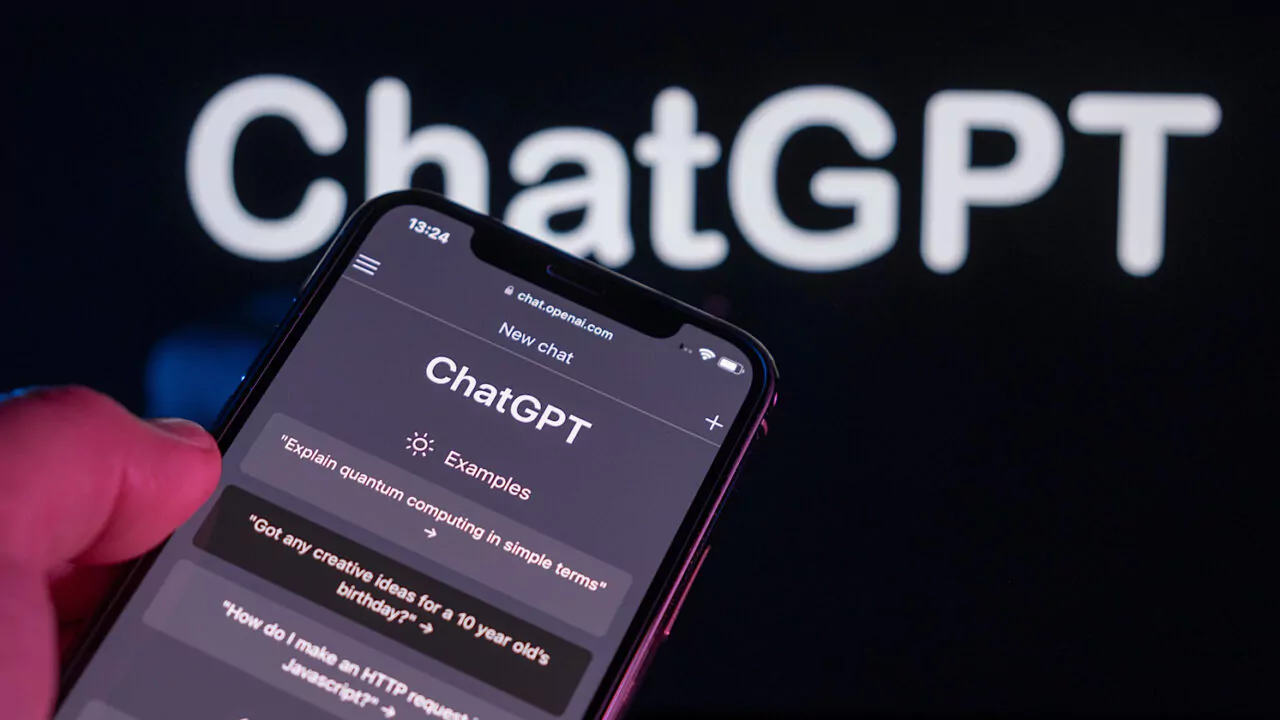A U.S. judge has rejected Tesla’s attempt to dismiss a lawsuit alleging that the company misled owners about the capabilities of its vehicles’ self-driving technology. The proposed nationwide class action accuses Tesla and CEO Elon Musk of falsely advertising Autopilot and other self-driving features since 2016, leading drivers to pay more for their vehicles.
U.S. District Judge Rita Lin in San Francisco ruled that owners could pursue negligence and fraud-based claims, specifically if they relied on Tesla’s representations regarding the vehicles’ hardware and ability to achieve full automation. The judge stated that if Tesla implied that its hardware was capable of full automation, the lawsuit alleges sufficient falsity.
The case, brought by Thomas LoSavio, a retired California lawyer, alleges that Tesla failed to deliver promised Full Self-Driving capabilities, despite owners paying premiums for the feature. The lawsuit seeks damages for individuals who purchased or leased Tesla vehicles with Autopilot, Enhanced Autopilot, or Full Self-Driving features since 2016.
Tesla has faced scrutiny from federal authorities over its self-driving technology’s potential role in fatal crashes. Separately, federal prosecutors are investigating whether Tesla misled investors about its vehicles’ self-driving capabilities, indicating broader legal challenges for the company.
While Tesla has maintained that Autopilot and Full Self-Driving features enhance vehicle safety, it has also emphasized that these technologies do not make vehicles autonomous and require drivers to remain attentive.
The judge’s decision allows the lawsuit, titled In re Tesla Advanced Driver Assistance Systems Litigation, to proceed in the U.S. District Court for the Northern District of California. Tesla and its lawyers have not yet commented on the ruling.



